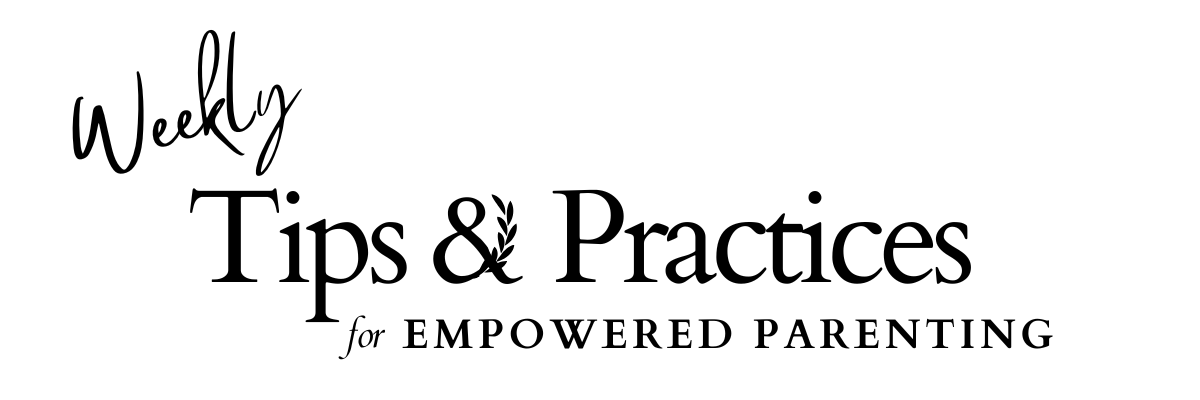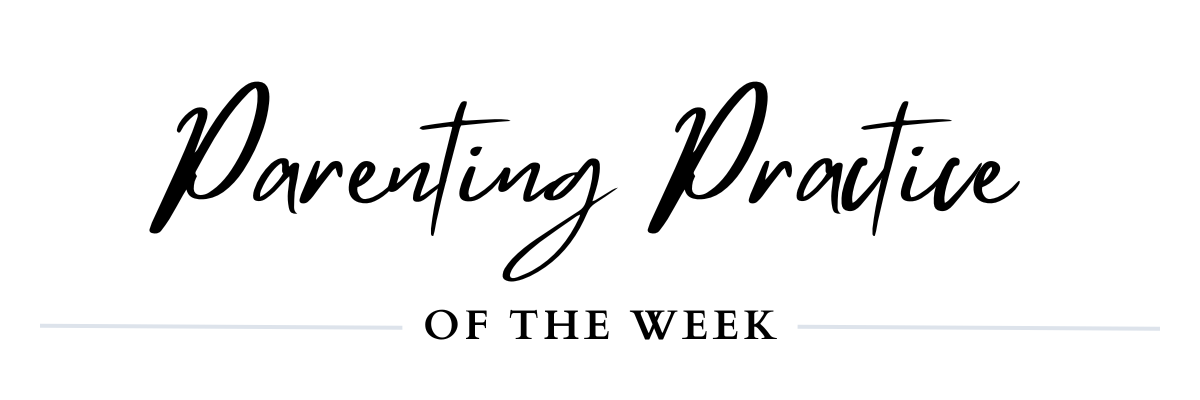The 30-50% Rule: Why Being an 'Imperfect' Parent is Actually Perfect

As a modern-day parent, there is a surplus of information at all times, reminding us that we could be doing better. At times, it can feel supportive to be able to reach out for information, and at other times, it can feel overwhelming and stressful.
No matter how it feels today, I want to remind you of something:
A healthy and secure relationship is when a child and a parent are in sync 30%-50% of the time.
How does that feel to hear?
My guess is that it feels relieving. We put so much pressure on ourselves as parents to “get it right” all the time. We think we must stay connected with our kids at every moment to give them a healthy and secure relationship. But the data suggests that all we need is to show up in sync and connected most of the time, and that’s enough.
And you know what else? It’s not the lack of rupture and disconnection that defines the quality of our parenting. It’s our ability to repair. Conflict is a natural part of life. In moments of conflict with our kids, we get to show them how to collaborate and repair when things don’t go the way we hoped or planned.
As we think about conflict in our homes, we can look at ways we both resist and accept our kids' development. We live in a culture that is obsessed with control. It can be so tempting to believe the illusion that we decide who our children are. We don’t get to decide who they are, but we do get to decide who WE are in response to them and their growth.
You’ve probably heard the phrase “growth is not linear.” Well, our kids' development is not linear either. Our kids are constantly bouncing from competency to incompetency as they make mistakes and grow. As parents, we can ask ourselves: how much can I tolerate the incompetence of my kids as they grow and learn?

Practicing Valuing Progress over Perfection
Mistakes are growth opportunities.
Conflicts are opportunities for deeper connections.
These statements can be hard to believe and lead from in a society that is focused on controlling behaviors, especially when our parents and caregivers didn’t model this for us. We grow in our ability to live in these for our kids when we reflect on our own experiences as kids and where we might have longed for more support from our parents/caregivers.
If you would like to deepen your awareness, here are some reflection questions to ponder:
- Were you supported by your parents/caregivers to make mistakes and learn?
- How tolerant were your parents/caregivers of your incompetence and learning?
- How did your parents/caregivers model handling conflict?
- In what ways did you long for more support from your parents/caregivers in your development? What do you wish you had received more of from them?
There is endless potential for healing and changing patterns. Modern-day parenting takes so much courage. We are all figuring this out together, and you are not alone.
Share This Article:
Curious for more?














